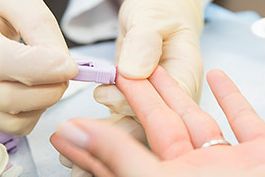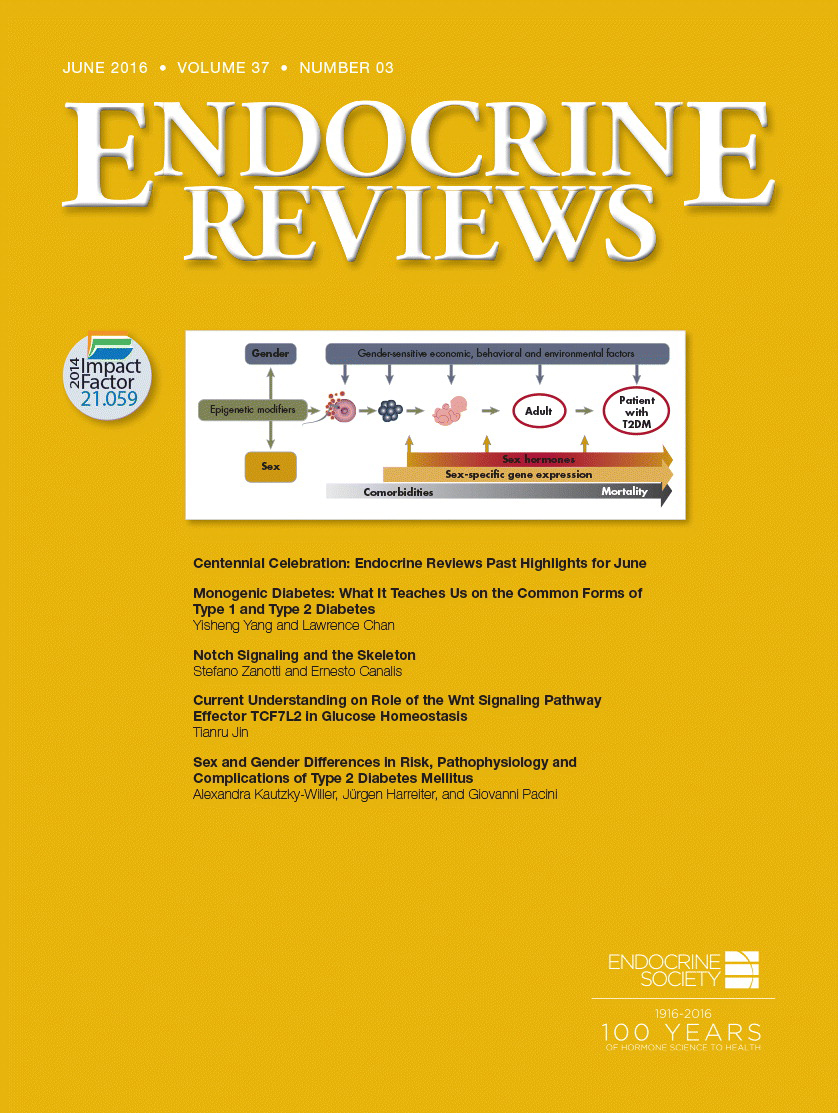
(Vienna, 20-07-2016) The international guidelines for the management of diabetes mellitus (type 2) purport to observe factors such as age, social environment, the duration of the illness or associated health complaints. The factor gender is not included. However, this is becoming an ever growing issue - because men and women bear different risks and fall victim to or suffer from a different type of diabetes, so that also the treatment should be increasingly more gender-specific and thus personalised.
This is the most important realisation of a review regarding the status of gender-specific differences authored to this holistic extent for the first time worldwide, to which the MedUni Vienna researchers Alexandra Kautzky-Willer and Jürgen Harreiter (both of the University or Internal Medicine II, Gender Medicine Unit). The review was published in "Endocrine Reviews", the journal in endocrinology with the highest impact factor 21,059 by far. In addition, the article from the MedUni Vienna scientists was featured prominently on the cover of the journal.

Other risk factors, genetic disposition and biomarkers in women and men
The facts clearly speak for a gender-specific consideration and treatment of diabetes mellitus, which affects approximately 600,000 Austrians: from a biological aspect, men are principally at a higher risk of contracting diabetes mellitus; women are "protected" for a while due to the increased disbursement of the oestrogen hormone until menopause causes a hormonal change and reduces this protection. In most cases, the risk for men is increased because they have a greater amount of stomach fat and more liver fat and a lower sensitivity to insulin, even if they are not overweight. However, the lack of testosterone in men is a risk factor, whereby women with a greater amount of male sexual hormones are principally at a higher risk.
"In contrast, it was shown that the thigh fat, which is more frequent in women due to genetics and oestrogen, can even have a protective effect. On the other hand, the stomach circumference in women has a better diabetes predictive power than in men", states Kautzky-Willer, diabetes expert and Austria's first professor for gender medicine. "In women, also psychosocial stress, stress on the job as well as lack of decision-making competency at high performance pressure or lack of sleep more frequently lead to diabetes than in men. This is often also intensified due to weight gain". On the other hand, men are more at risk of developing diabetes at a later point in live, if their mothers suffered malnutrition during.
There are also gender-specific differences in the biomarkers, which can aid in the early detection of the diabetes risk: so are the protein Fetuin-A formed by the liver as well as Copeptin (a prohormone formed in the hypothalamus), and proneurotensin (a neurotransmitter) promising biomarkers in women, yet not in men. Here, the hormone Leptin, which sends chemical messages to cease eating and to harvest energy from the reservoirs, such as fat depots, is a strong biomarker.
Also environmental impacts as risk factors for diabetes
Also endocrine disruptors, meaning hormone-active substances, become increasingly important", emphasises Jürgen Harreiter. Studies showed that synthetically manufactured substances such as Bisphenol A or Phatalate (softening agent), which are contained in many plastic items, are considered risk factors for diabetes - depending on age, also here there are different effects in men and women.
There are also regional differences: More and more women in Oceania, South and Central Asia as well as the Middle East are contracting diabetes, whereas the illness concerns more and more men in more affluent areas of the Pacific-Asia region as well as in central Europe.
Diabetes research: MedUni Vienna top throughout Europe
In the future, the mentioned gender-specific factors in case of diabetes are to be incorporated in the praxis more than ever. Here, MedUni Vienna is playing a leading role throughout Europe, particularly with the internal network of researches at the University for internal medicine III with gynaecology, the Excellence Centre for Hochfeld-MR, nephrology, the centre for Public Health but also with the Institute for the science of complex systems as well as strong international cooperation. ÖDG (Austrian Diabetes Society) with Kautzky-Willer as Deputy Chairperson and many MedUni Vienna scientists in leading position, is worldwide the only one with gender-specific guidelines in their program.